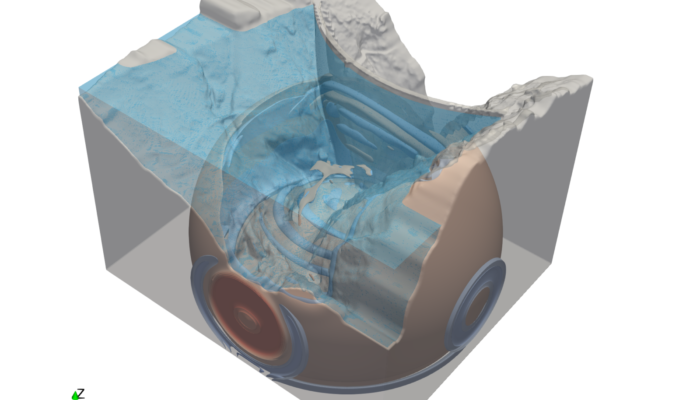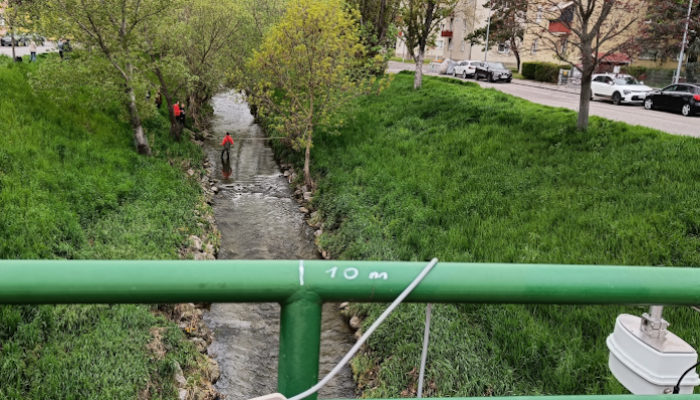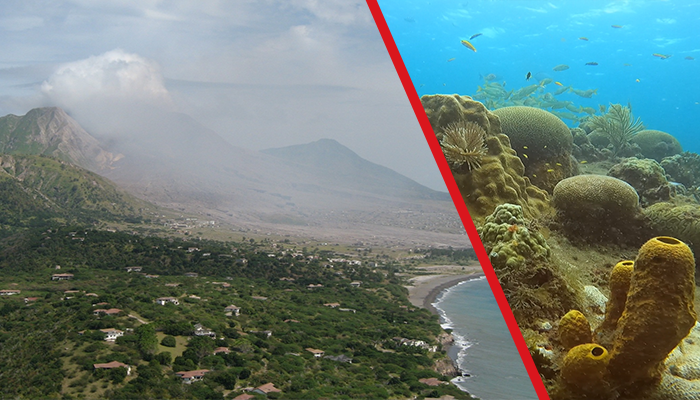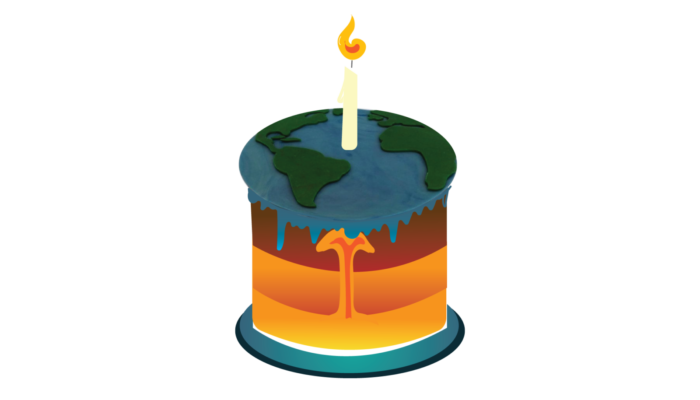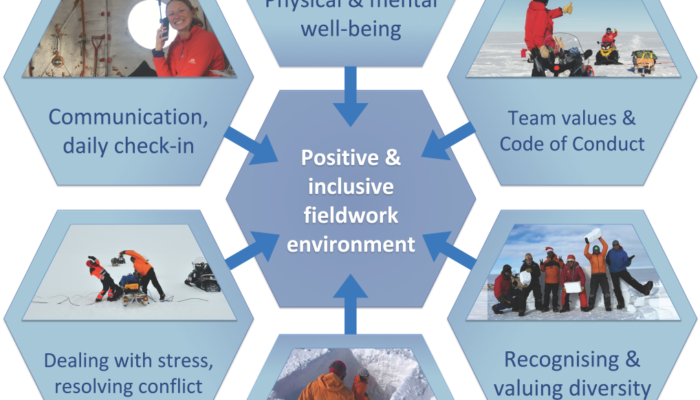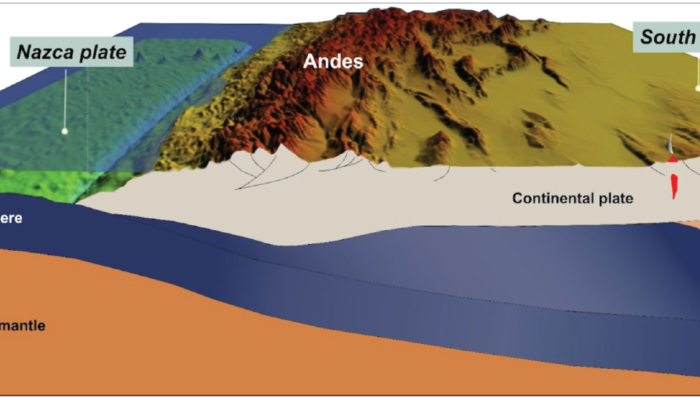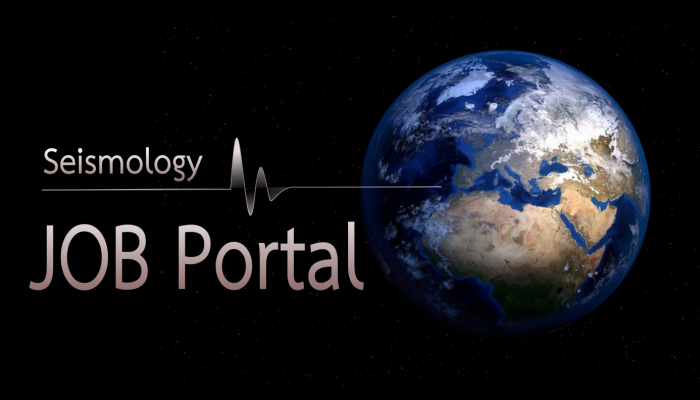Well, well, well, what do we have in here? Is that another fellow geoscientist going after a fund? Yes, seems like it. First of all good luck mate, a tough journey is ahead of you. I hope you have a lucky item with you to keep you alive during this period. So this time we have Boris asking: How do I secure funding? Dear Boris, Now, let’s get real. Securing funding for your research is like f ...[Read More]
Stratigraphy, Sedimentology and Palaeontology
The effects of water pollution on tiny algae
With an increase in the Earth’s population, development and industrialization are taking place rapidly and these get the major source of water contamination. Heavy metals are one of the most toxic contaminants of the aquatic ecosystems. Increasing industrialization and anthropogenic activities are causing an increasing pollution in soils and water. More than 100,000 chemicals are used commercially ...[Read More]
Geodynamics
Introducing the new blog team !
It’s time for our yearly introduction to the EGU Geodynamics blog team! The EGU General Assembly has passed and after a couple of weeks of recovery, we are thrilled to present the blog team for the upcoming year 2023-2024, featuring some familiar and fresh new faces. Our new team will start posting from next month onward. We’re delighted to announce that the new EGU GD blog team now co ...[Read More]
Seismology
Structure-from-Motion for Seismology
This blog post about drone photogrammetry for seismology research is written by Lars Gebraad, with contributions from Isamu Naets and Patrick Marty. Lars Gebraad and Patrick Marty are doing their doctorates at the Seismology and Wave Physics group and Isamu Naets did his PhD at the Geothermal Energy and Geofluids group, both at the Dept. of Earth Sciences, ETH Zürich. Like many techy outdoor young ...[Read More]
Hydrological Sciences
Storm Gathering: An EGU Flow Regatta Adventure
A Vulture circled over the motley crew of hydrometricians that had gathered for the showdown at Liesingbach for the 2nd EGU Flow Regatta on April 24th, 2023. The call had gone out far and wide: the winner of the showdown would achieve everlasting glory, songs would be sung, their name echoing through legend. The losers would become, as Tom Waits predicted, just more dirt in the ground. Storm clo ...[Read More]
Geochemistry, Mineralogy, Petrology & Volcanology
Volcanoes and Corals: a journey to discover volcanic activity as seen from a coral perspective with Prof. Tom Sheldrake
What can corals tell us about volcanic eruptions? Is it possible corals, in the span of their lives, have recorded valuable data on volcanic eruptions they have witnessed? Today we find it out together with Prof. Tom Sheldrake, who takes us on a journey through coral reefs and volcanic eruptions, giving voice to what corals want to tell us about volcanic activity! Introducing Professor Tom Sheldra ...[Read More]
Geodynamics
Goodbye to 6 years of blogging
Dearest reader, on this day, six years ago, we published our very first blog post, stating our geodynamission: our plans for this new geodynamics division blog. From that day onwards, I have had the absolute privilege of being your Editor-in-Chief. But all good things must end and so does my term of being the Editor-in-Chief. Before I say my final goodbyes, let’s take a trip down memory lane ...[Read More]
Cryospheric Sciences
An inclusive field team is a great field team: Strategies and resources
Fieldwork is essential to polar sciences, but who are the people that actually do the fieldwork these days? A great field team includes people spanning a diversity of scientific skills, but at the same time, a diversity of cultures, backgrounds, and identities also adds intrinsic value to team dynamics and the overall field work experience. As part of the International Thwaites Glacier Collaborati ...[Read More]
Geodynamics
Reflections on the geological and geodynamic evolution of the Southern Central Andes
Reflections on the geological and geodynamic evolution of the Southern Central Andes
Seismology
Seismology Job Portal
On this page, we regularly update open positions in Seismology for early career scientists. Do you have a job on offer? Contact us at ecs-sm@egu.eu Please, note that other available research positions are displayed on the EGU Jobs Portal. Latest open positions: Post-Doctoral Fellowship – Ground deformation recorded by geodetic techniques Institute: FM Global Starting: — Duration: R ...[Read More]



